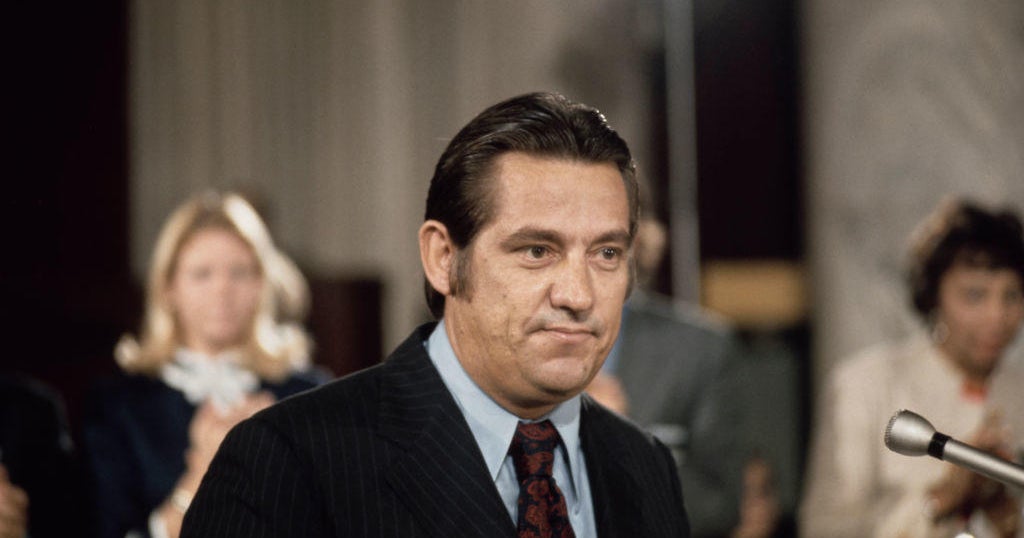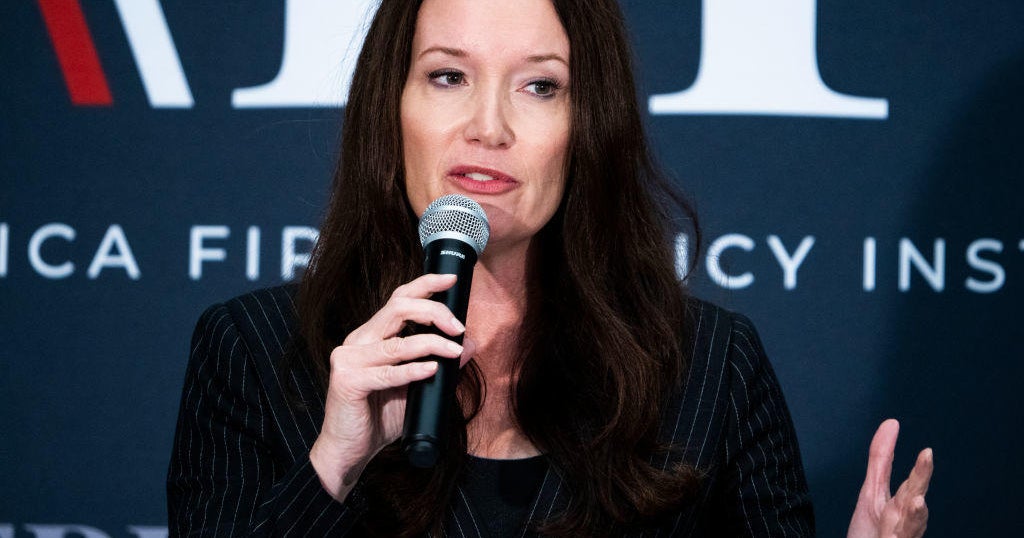As Inflation Soars, So Do Corporate Profits

Consumer prices increased 7.9% in February compared with a year earlier, according to the federal government’s latest estimate, the fastest inflation surge since the early 1980s.
But not everybody is feeling the squeeze of higher prices in the same way. While consumer sentiment has cratered, corporate profits have soared as businesses reap the rewards of their customers’ continued willingness to pay more.
The top 30 companies in the major industry categories of the consumer price index have raised prices while collectively boosting their profits by $151 billion, according to the liberal watchdog group Accountable.US, which compared the firms’ latest yearly and quarterly earnings reports with the previous year’s filings.
The companies also bought back an additional $28 billion of their own shares, a strategy to boost the stock price, which also happens to boost executive compensation.
“These companies would have consumers believe they marked up prices just to keep up with outside costs, but the tens of billions in extra profits and generous giveaways to investors last year show otherwise,” Accountable.US President Kyle Herrig said in a statement.
People hate seeing prices go up, and as a result, inflation has overshadowed low unemployment and high job growth as the biggest political economy story, tanking President Joe Biden’s approval rating and threatening Democrats’ control of Congress in this year’s midterm elections.
Republicans have blamed higher prices on the American Rescue Plan, the $1.9 trillion pandemic relief bill Democrats passed this time last year, boosting the spending power of most American households with $1,400 checks.
Democrats point to pandemic-related supply chain problems, and, increasingly, corporate greed as the main culprits behind rising prices. In his State of the Union address last week, Biden said his administration would crack down on ocean shipping firms that overcharge American businesses and consumers.
And this week, Biden warned oil and gas companies not to use the war in Ukraine as an excuse to raise prices too high.
“Russia’s aggression is costing us all, and it’s no time for profiteering or price gouging,” Biden said Tuesday.
On Capitol Hill, the House Financial Services Committee, chaired by Rep. Maxine Waters (D-Calif.), devoted an entire hearing Tuesday to corporate profiteering.
“Right now, we are seeing big corporations take advantage of economic conditions and a lack of real competition to pass higher prices on to consumers simply because they can,” Waters said.
Rep. Patrick McHenry (R-N.C.), the top Republican on the committee, said Democrats were just trying to distract from the impact of the rescue plan, and defended corporations against charges of profiteering.
“Profit is not synonymous with greed,” McHenry said.
The Accountable.US report is an effort to back up the argument that higher prices are more of a deliberate corporate choice than an economic phenomenon that forces companies to share the burden of higher costs with their customers. The group examined earnings data for the three largest firms in each of 10 different industry groups that the Bureau of Labor Statistics tracks for its monthly inflation readouts.
The three biggest firms in the food-at-home category, for instance — Walmart, Kroger and Costco — saw their net incomes rise by a combined $238 million. Grocery prices were up 8.6% in February, compared with the previous year, the Bureau of Labor Statistics announced Tuesday.
A Walmart presentation to shareholders last month credited “price management” for strong growth in the firm’s gross profit — evidence, according to Accountable.US, that the retail giant jacked up prices to reap higher earnings rather than to offset rising costs.
“Despite what they claim, these highly profitable businesses do have a choice, and they’re choosing to fatten their bottom line rather than keep consumer prices stable,” Herrig said.
A Walmart spokesperson noted that on the company’s recent earnings conference call, executives highlighted wider “price gaps” between Walmart and its competitors, meaning the company has actually undercut competing companies that raised prices.
“This is all about making sure the customers see value at a time when prices are rising in so many parts of the economy, being able to offer a customer value and fight inflation is what we do,” Walmart CEO John Furner said.
Checkout latest world news below links :
World News || Latest News || U.S. News
Source link



